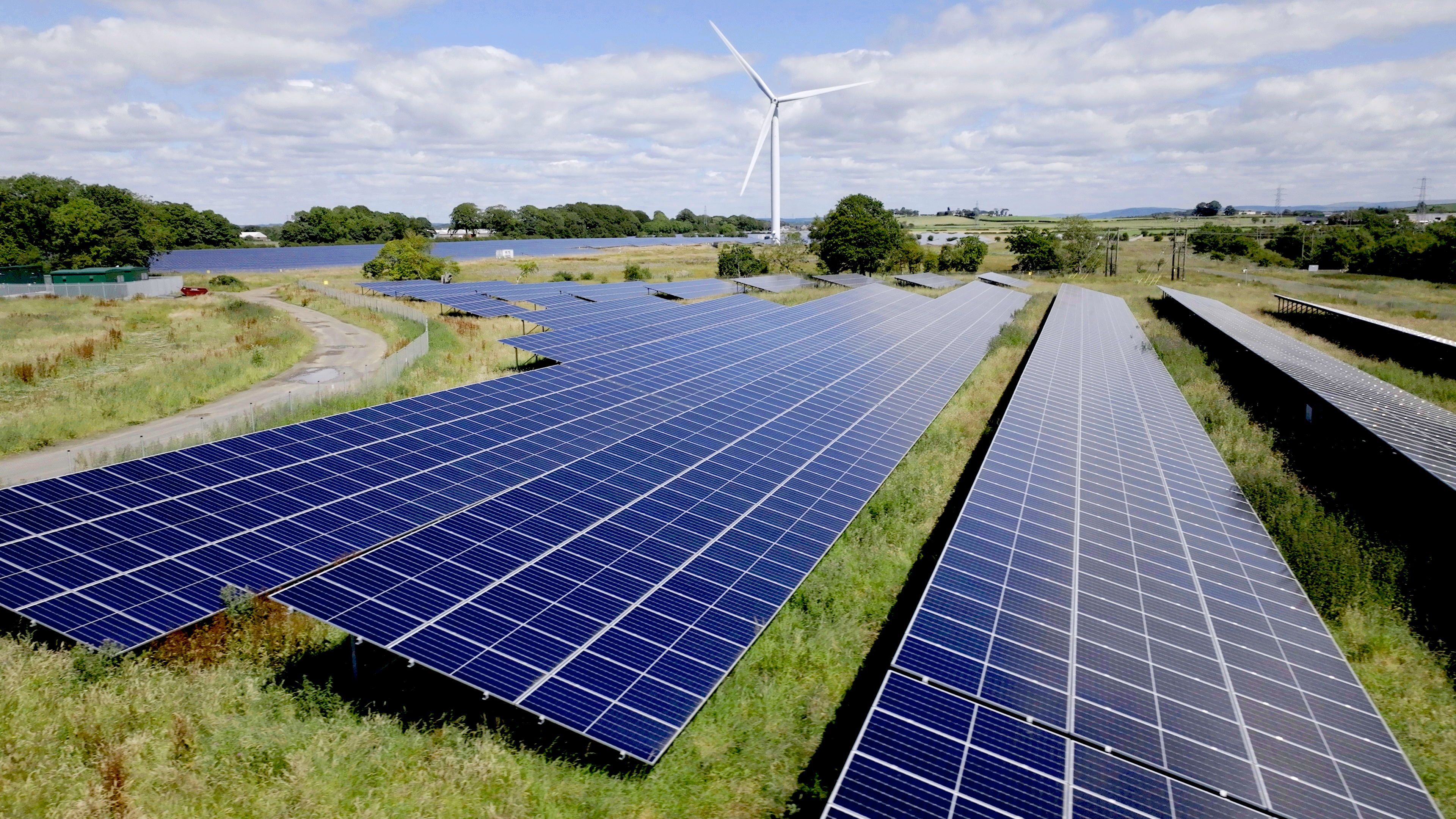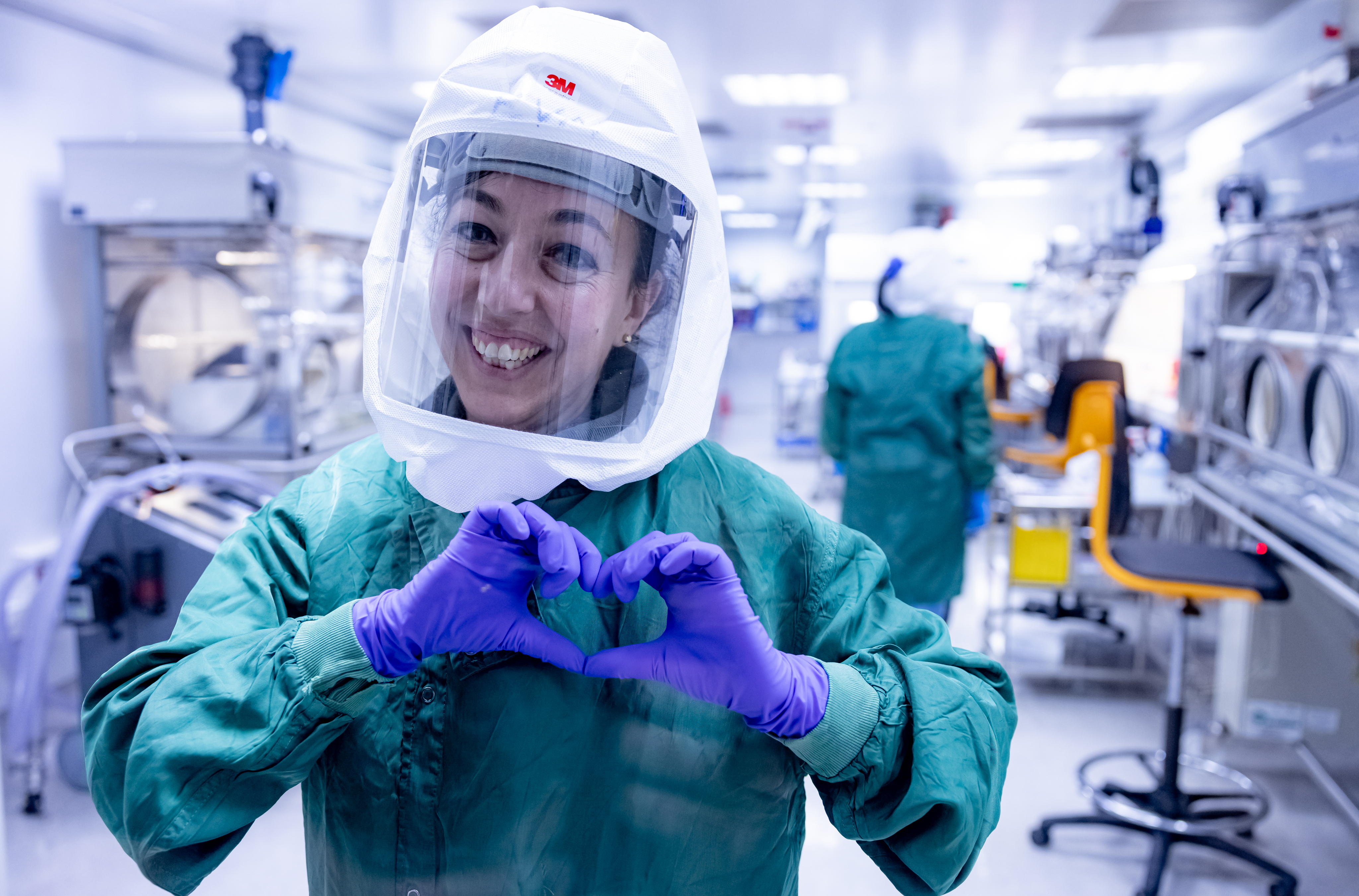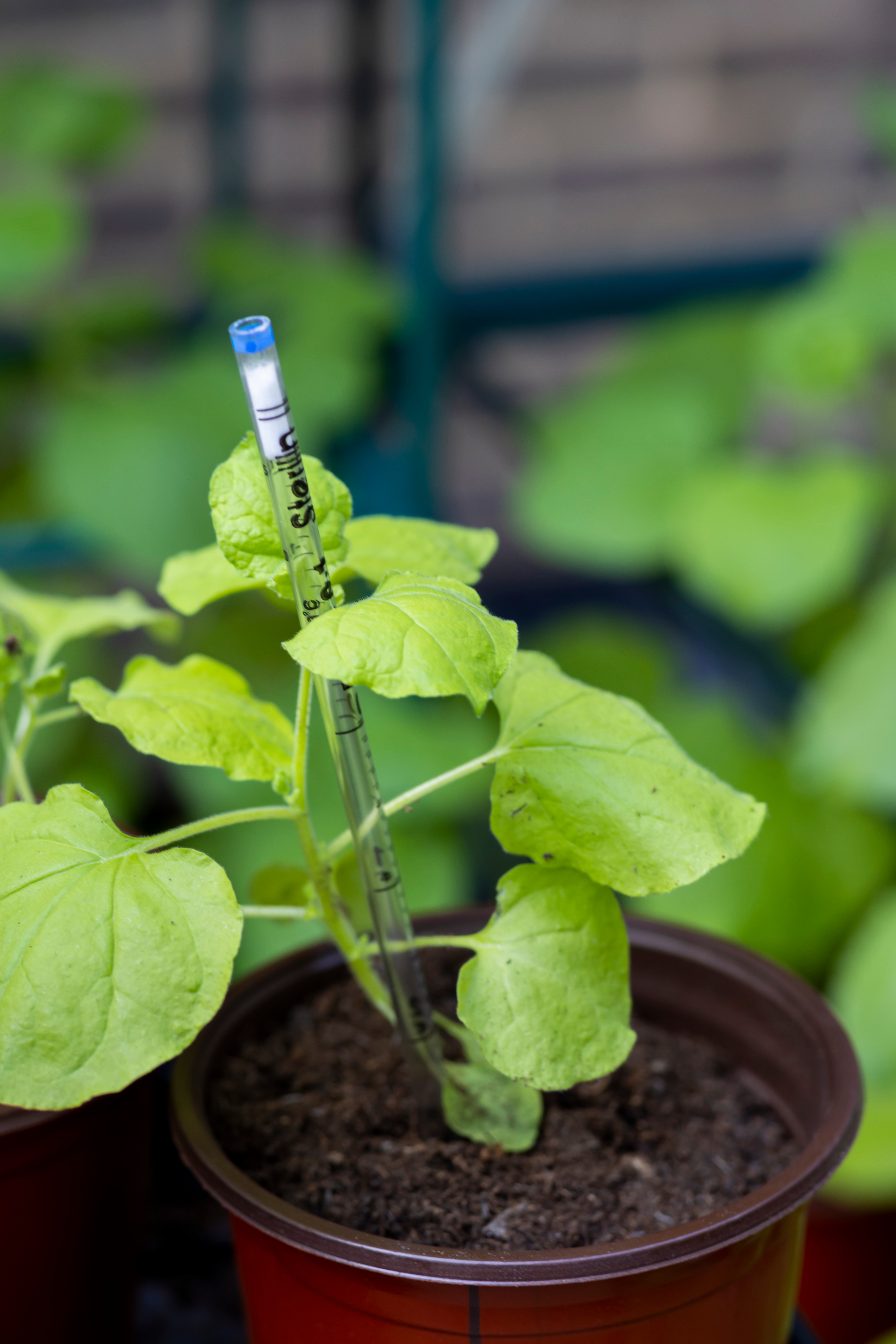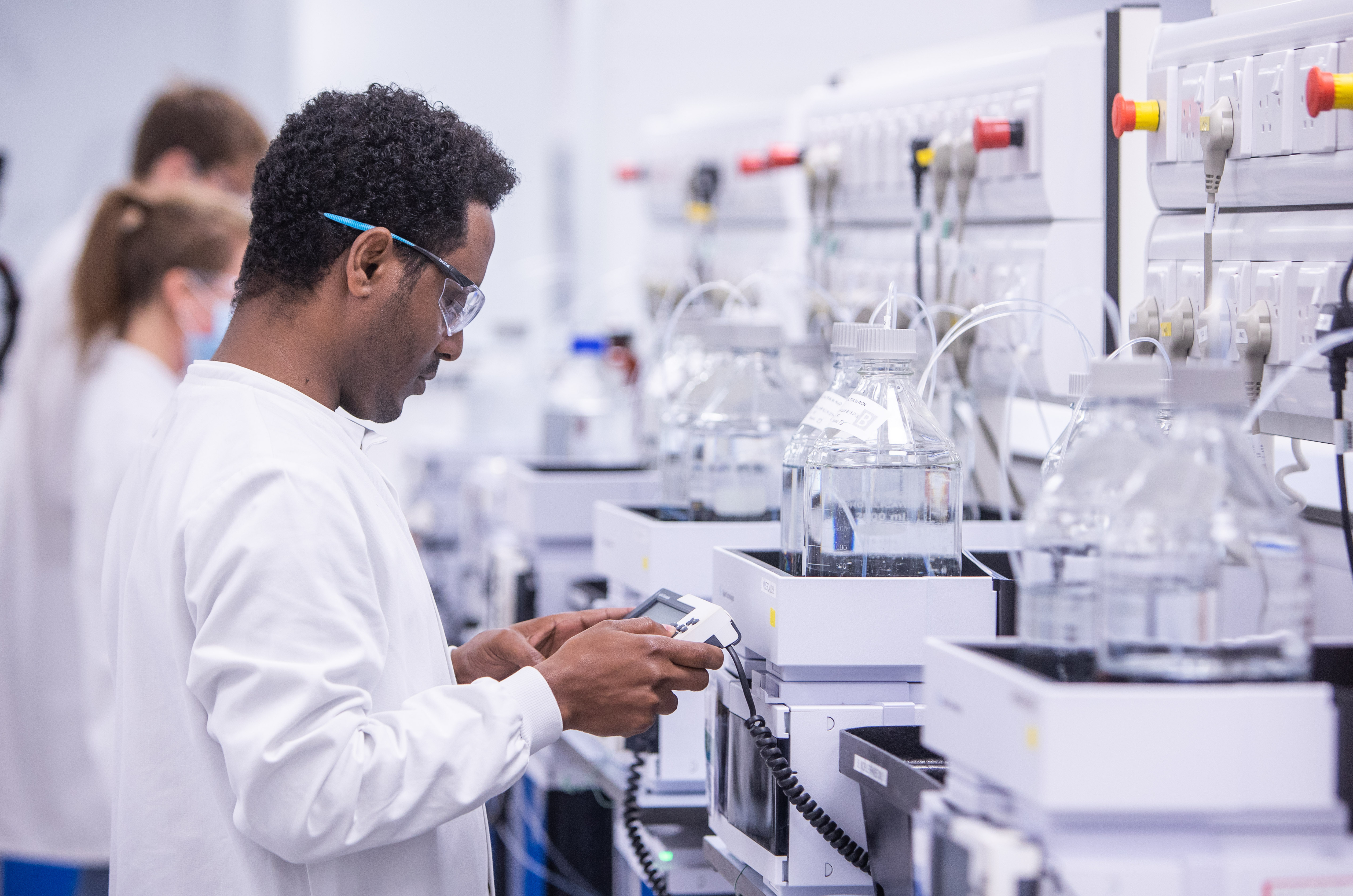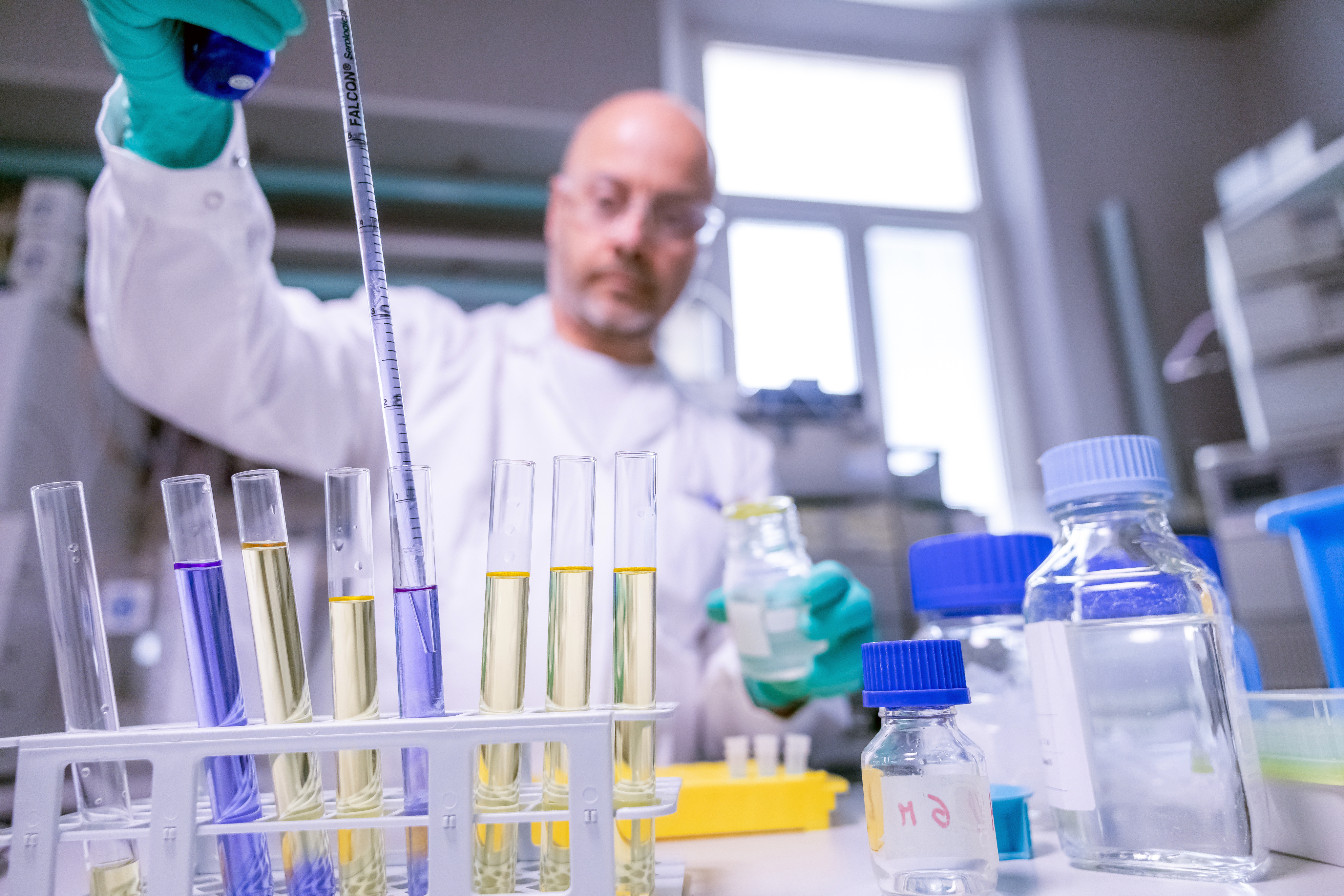GSK’s commitment to sustainability
Sustainability and supplier collaboration
GSK is dedicated to sustainability with clear, ambitious targets
2025
100% imported renewable electricity by 2025 and 100% renewable electricity (imported and generated) by 2030 (scope 2).
2030
80% absolute reduction in greenhouse gas emissions from a 2019 baseline, across all scopes and investment in nature-based solutions for the remaining 20% of our footprint by 2030.
2045
Net zero greenhouse gas emissions across our full value chain by 2045. 90% absolute reduction in emissions from a 2019 baseline, across all scopes and all residual emissions neutralised.
Our partnerships that can support you in your sustainability journey
Energize
We are a co-founder of the Energize program, which supports collective purchases of renewable energy within the pharmaceutical and healthcare sectors.
Sustainable Markets Initiative Health Systems Task Force
We are part of the Sustainable Markets Initiative Health Systems Task Force,which includes CEOs from seven global healthcare companies.
Converge
We are a founding funder of Converge,a collaborative supply chain initiative by My Green Lab, to encourage suppliers to reduce the environmental impact of labs in the value chain.
PSCI
We are a member of the PSCI,the leading association for pharmaceutical and healthcare companies.
Activate
We are a founding member of Activate, a program to help reduce emissions from the production of active pharmaceutical ingredients.
Let’s grow together and make a positive impact on the world around us.
By working collectively, we can explore new and innovative ways to achieve sustainable growth. We invite you to join us on this journey and become a valued GSK supplier.
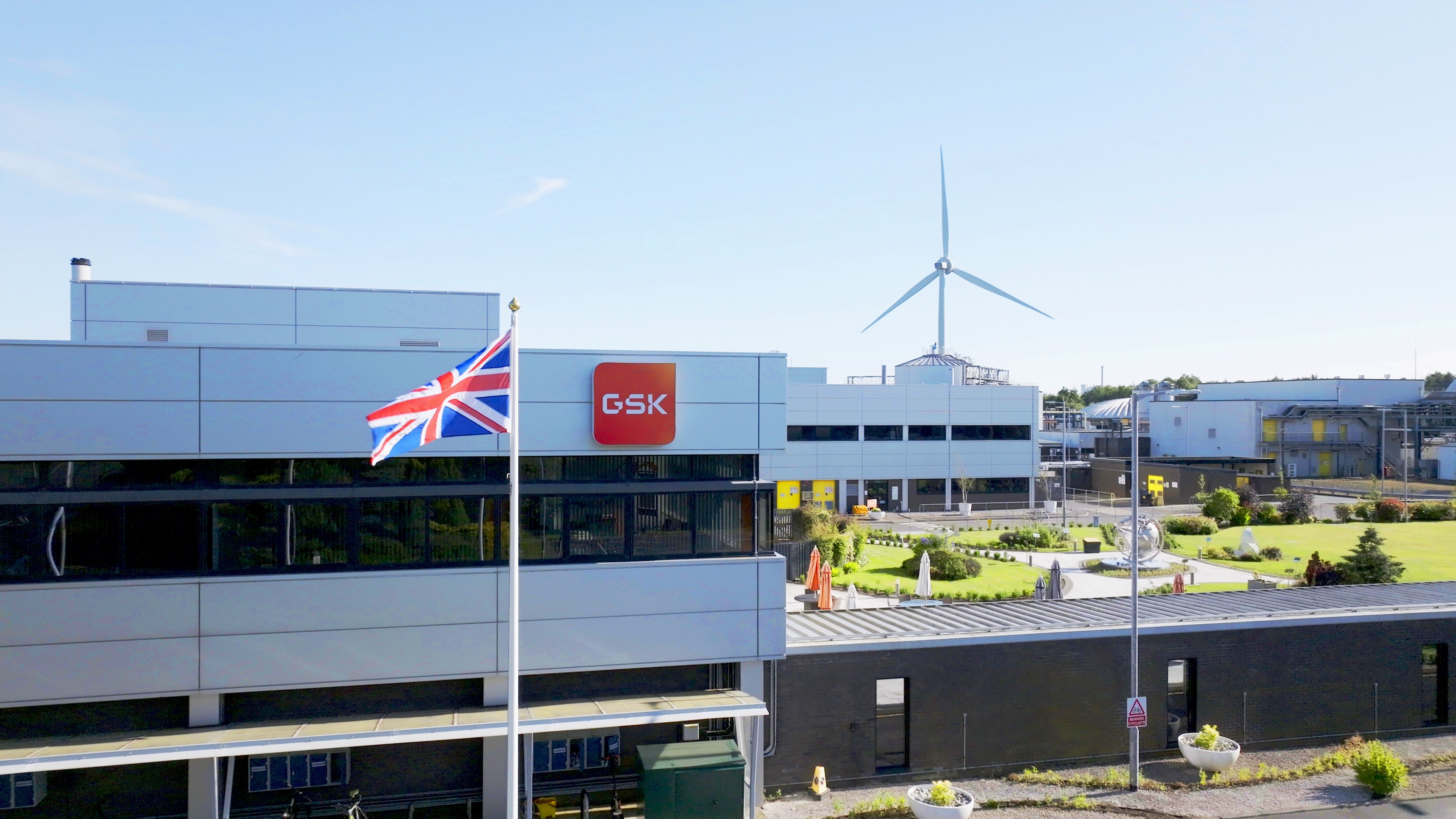
Visit our website for more information on GSK’s sustainability initiatives.
Required actions on climate from suppliers
For targeted suppliers (based on impact assessment)
Disclose CO2 emissions
Disclose and report scope 1, scope 2 and scope 3 allocated emissions to GSK on an annual basis and commit to product/service-level emissions reporting as soon as reasonably practicable.
Set science-based targets
Set science-based carbon reduction targets for near and long-term aligned to 1.5°C pathway and validated by SBTi.
100% Renewable electricity transition by 2030
Switch to using renewable electricity in all your plants/offices by 2030.
Decarbonise heat emissions by 2030
Where heat is a significant proportion of your emissions, optimise heat efficiency, identify opportunities to switch to renewable heat, though electrification or other renewable fuels.
Key questions asked to suppliers
- Does your organisation currently track carbon emissions?
- Will you be able to share GSK apportioned Scope 1, 2 and 3 emission data annually?
- Does your organisation have a science-based carbon reduction target?
- What % of renewable electricity usage is your organisation targeting to use by 2030?
- Is heat decarbonisation in your reduction plans? How will you drive it?
Required actions on nature from suppliers
For key suppliers operating in priority water basins and all suppliers in water-stressed locations
Water neutrality for key suppliers in priority water basins
- Complete a GSK water stewardship assessment (aligned to Alliance for water stewardship principles) and agree shared action plans to set a water efficiency target
- Participate in collective action programme at Basin-level
Suppliers of key naturally-derived materials
Naturally-derived materials sustainably sourced and deforestation free by 2030
Meet GSK’s sustainable sourcing requirements through audit, supply of certified material or earned recognition approach. Provide evidence of deforestation-free supply chain.
Paper packaging from certified sources by 2025
100% of secondary paper packaging supplied from certified sources (tier-1 and tier-2 supplier FSC/PEFC chain of custody certified) or using more than 50% recycled content by end of 2025.
Palm oil derivatives Round table on sustainable palm oil(RSPO) certified by 2025
100% of core palm oil derivatives must be RSPO IP, SG, MB or B&C certified by end of 2025.
Key data to provide
- Supply chain maps and traceability data, including geolocation of production sites
- Evidence of controls in place to prevent deforestation and conversion of natural ecosystems
- Evidence that materials meet GSK’s sustainable sourcing standard through certification, on-site audit or earned recognition
- Evidence on water stewardship practices in place, including progress against water efficiency target and collective action programmes
- Evidence of biodiversity impact assessments and mitigation/restoration plans


